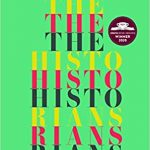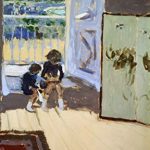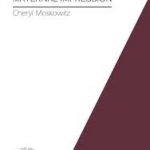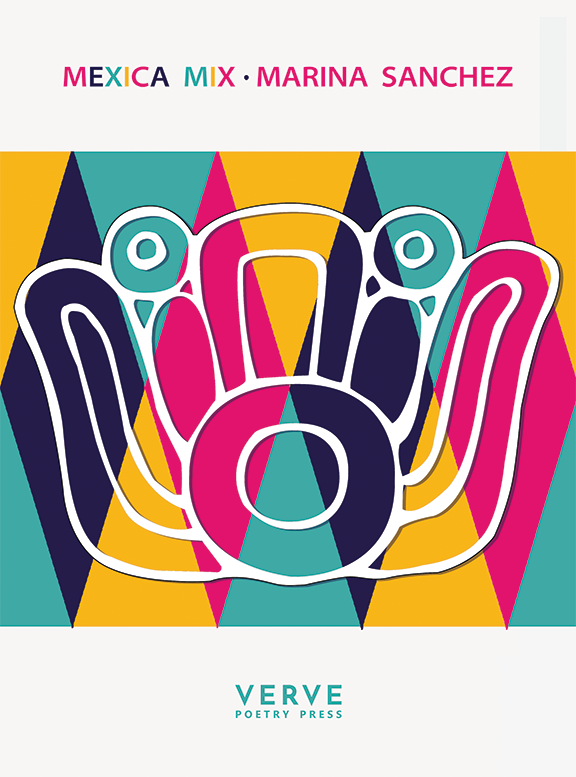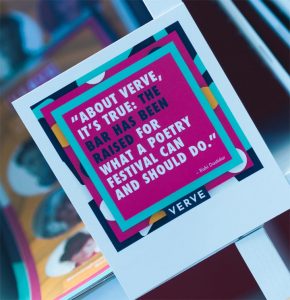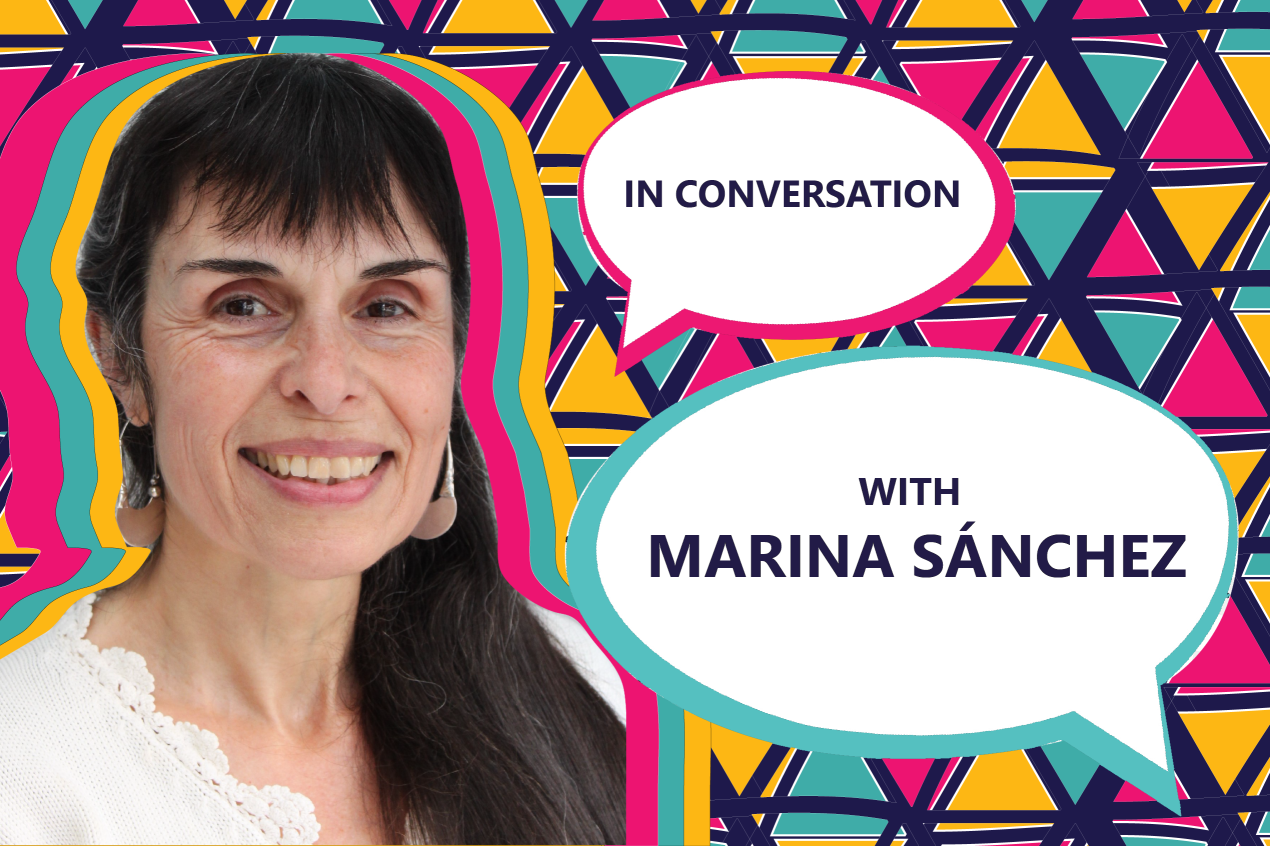
Three months on from the publication of her gorgeous pamphlet Mexica Mix, we tracked down the elusive Marina Sánchez to talk to us about her work, the culture and stories behind it and all the reading that goes into putting together a pamphlet like hers. Spoiler: it’s a lot…
Hello! How are you doing? What have you been up to since we last heard from you?
Mexica Mix and its launch are like a harvest, the culmination of years of rewriting, selecting and sending off poems in the hope of finding them a good home. (And the inevitable rejections from the wrong homes). There’s a fullness also in that my work is reaching a greater audience and that is very rewarding. I have already had two lovely reviews from two poets who attended the launch, Maggie Mackay in Sphinx and another by Brian Docherty in London Grip.
But creatively I am no longer in the space that birthed the poems in Mexica Mix and paradox being a constant in poetry, it is also a time of great emptiness in that I can go for stretches without the impulse of an idea, an image or a feeling. But I remain receptive and, in the meantime, I nourish my imagination reading voraciously.
We always love to hear that! What’s on your list at the moment?
I am re-reading Jane Hirschfield’s How Great Poems Transform the World, a joy, as she is so generous with her knowledge about craft, art and being human. It is a follow up to Nine Gates, both of which are essential reading. I love travelling with the much-missed Evan Boland’s The Historians, a powerful volume of craft and heart. I also keep going back to Mimi Khalvati’s superb sonnets in Afterwardness as they do my heart good. More recent works are Cheryl Moskowitz’s mysterious and haunting Maternal Impression and Maggie Butt’s new collection everlove.
As a Mexica indigenous person, I also find great strength and beauty in Layli Long Soldier’s Whereas and Natalie Diaz’s Postcolonial Love Poem. Just as this is looking like I only read women, I have also enjoyed Inua Ellam’s The Actual for its audacious forms and its vivid experiences of authentic masculinity. W. S Merwin is one of my favourite teachers and I recently discovered Unchopping a Tree. I also recently came across Alicia Suskin Ostriker and I am really enjoying The Volcano. I am reading Kei Miller’s essays, Things I have Withheld as I love his poetry and voice. I can’t wait to dive in Jen Hadfield’s Stone Age, because when I saw her read some years ago, her voice and poems really stayed with me.
Apart from that, if life allows, editing and sending out poems continues ‘religiously’, as Rebecca Goss advised me to do years ago.
Sound advice, as always. Shall we talk a little bit about your pamphlet Mexica Mix? What did it mean to you?
Mexica Mix has been such a long, rich and freeing process, in terms of the research as well as consciously and fully honouring and understanding my identity. As a Mexica woman reclaiming her ancestors, it felt in some ways both an individual and a collective journey.
Though there are still many questions about one side of my family, I needed to own my indigenous heritage in a way that was not possible earlier as there was a lot of shame and secrecy. I have also enjoyed consciously subverting old stereotypes and tropes I grew up with. Along the way, I have also benefitted from some wonderful teachers, some alive, some not, like Francisco X Alarcón and Gloria Anzaldúa.
You’ve mentioned process – could you tell us a little more about how you go about writing your work?
I agree with ‘writing as an act of self-preservation’ as the imagination can provide solace for living in uncertainty, chaos, bewilderment and the unknowable. But it has felt a lot harder since March 2020 because the prevailing fear, anxiety and information can be overwhelming. But writing is also an act of affirming our human experience. I try to write daily though it is not always possible. I’m not like Lorca in that I do not hunt for poems. Instead, I prefer to wait.
I carry a note book with me to jot ideas and images and I have another one by my bed for ideas or lines that don’t let me sleep until I write them down. I find the energy of something coming through very exciting and visceral and I tend to consciously focus on it until I can’t hold it anymore and there’s an outpouring in my bigger writing notebook. I usually edit poems for months or years unless there’s a rare grace event when something comes almost finished.
What are the languages in Mexica Mix and why was it important to you to make this a multi-lingual pamphlet?
I have a great sense of loss that I do not speak Nahuatl and I am also interested in the history, power dynamics, wisdom and traditions of the different languages I was born into and have learnt to live in and how they interact with each other. So, it was essential for me to explore them in Mexica Mix. While there has been a growing and welcome awareness, recognition and acceptance of different identities, voices and experiences from different communities, there’s still more to be achieved.
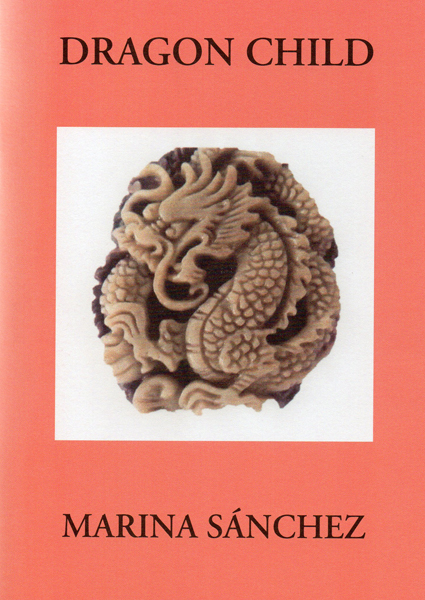
We know you work as a translator as well as a poet – what are the similarities and differences in translating a poem vs composing one?
As a bilingual person, I have enjoyed translating into English or into Spanish since my teens. When my own poems are not coming through, it is a great training in how to convey and refine what an author has written as well as a thrilling challenge to express the feeling tone of a piece. I recently translated the Mexican poet Rosario Castellanos whose work I admire but I discovered afterwards that it is difficult to obtain copyright, so I have had to shelve them for a few years.
Ah, a shame! We wait patiently for when they can see the light of day. Is there any work you’re doing which you can share with us now?
I am thrilled to have not one but two poems accepted recently in the forthcoming anthology Where We Find Ourselves by Arachne Press. I am also sending out a pamphlet that I finished during the first lockdown about my mother’s passing seven years ago. It is a rich and surprising sequence with a Tibetan Buddhist and Nahuatl flavour. I am also still editing a long poem about La Llorona, the final female symbol of the trilogy of Our Lady of Guadalupe and Malintzin Tenépal (Malinalli).
With every pamphlet there’s the question of a first collection-
Yes? 👀
-but it’s such huge task and then the creativity seduces me and I don’t stay with it. Publishers reading the above, please get in touch.
ah, fair enough…
Finally, I’d love to read at or attend a live poetry reading and hug all the writing friends I’ve missed since spring 2020, can’t wait!
Amen! We hope to see you at an in-person event soon! All the best with your current projects and a huge thank you for taking the time to talk with us!
For more from Marina, check out her pamphlet Mexica Mix or read more about her on her author page here!


